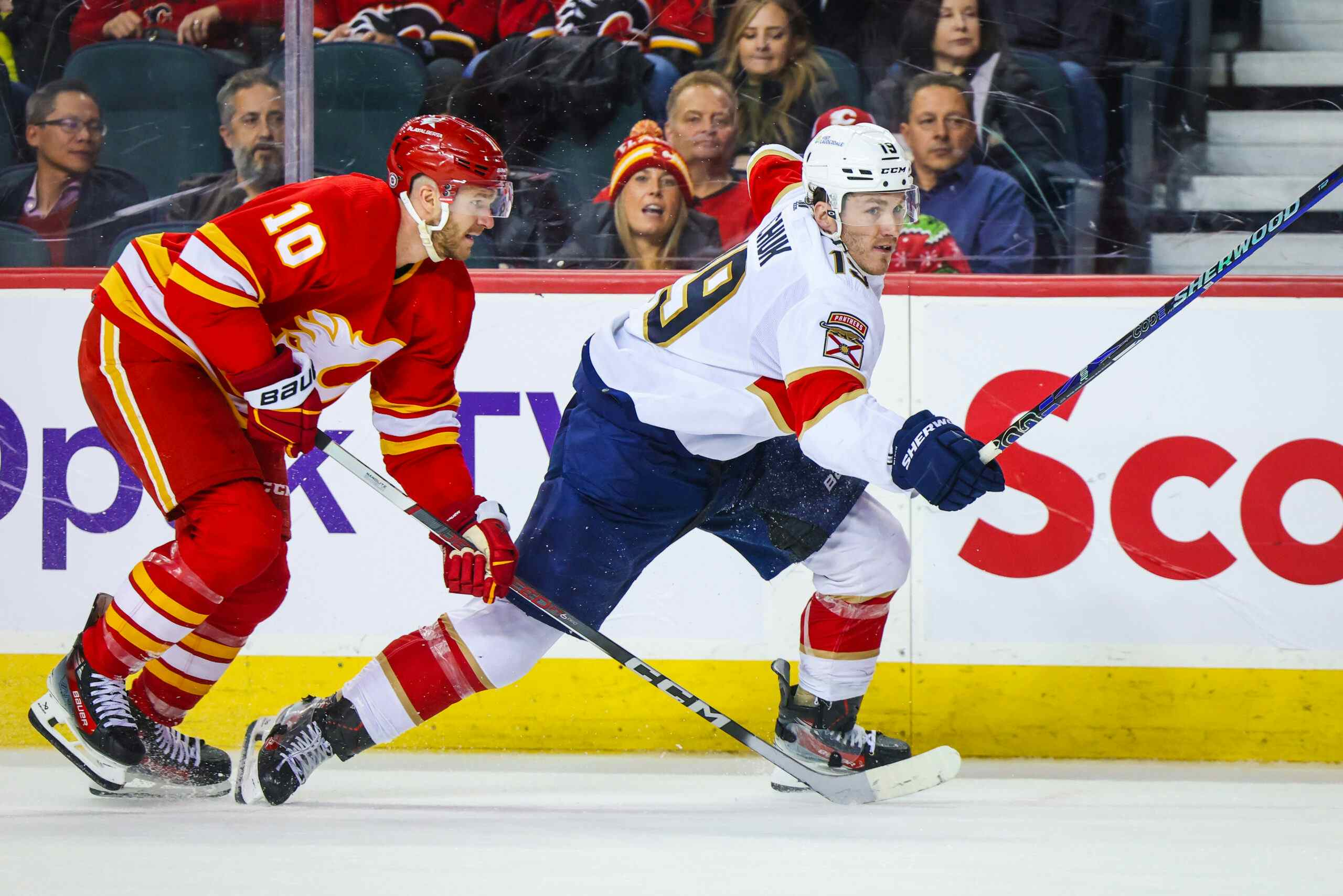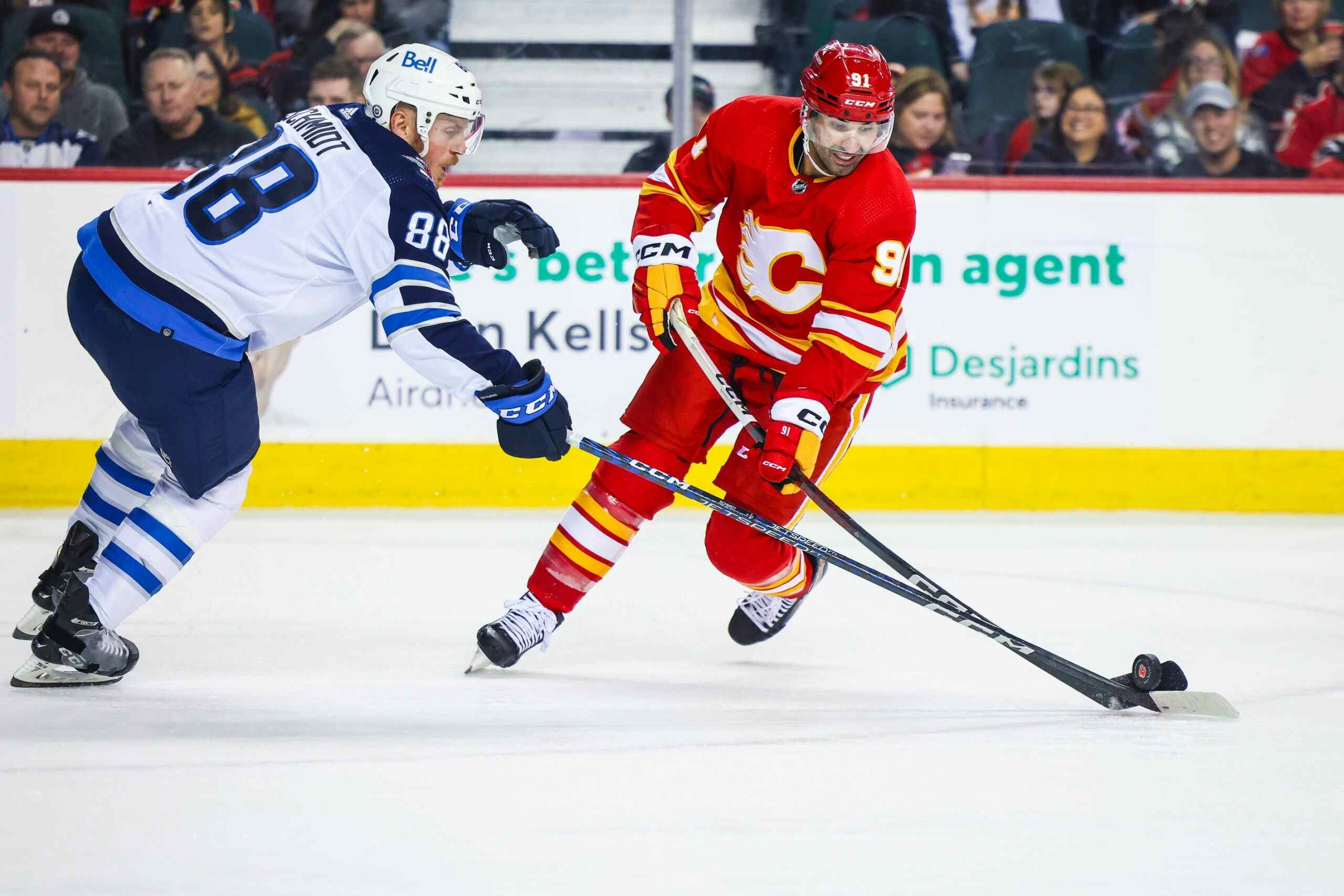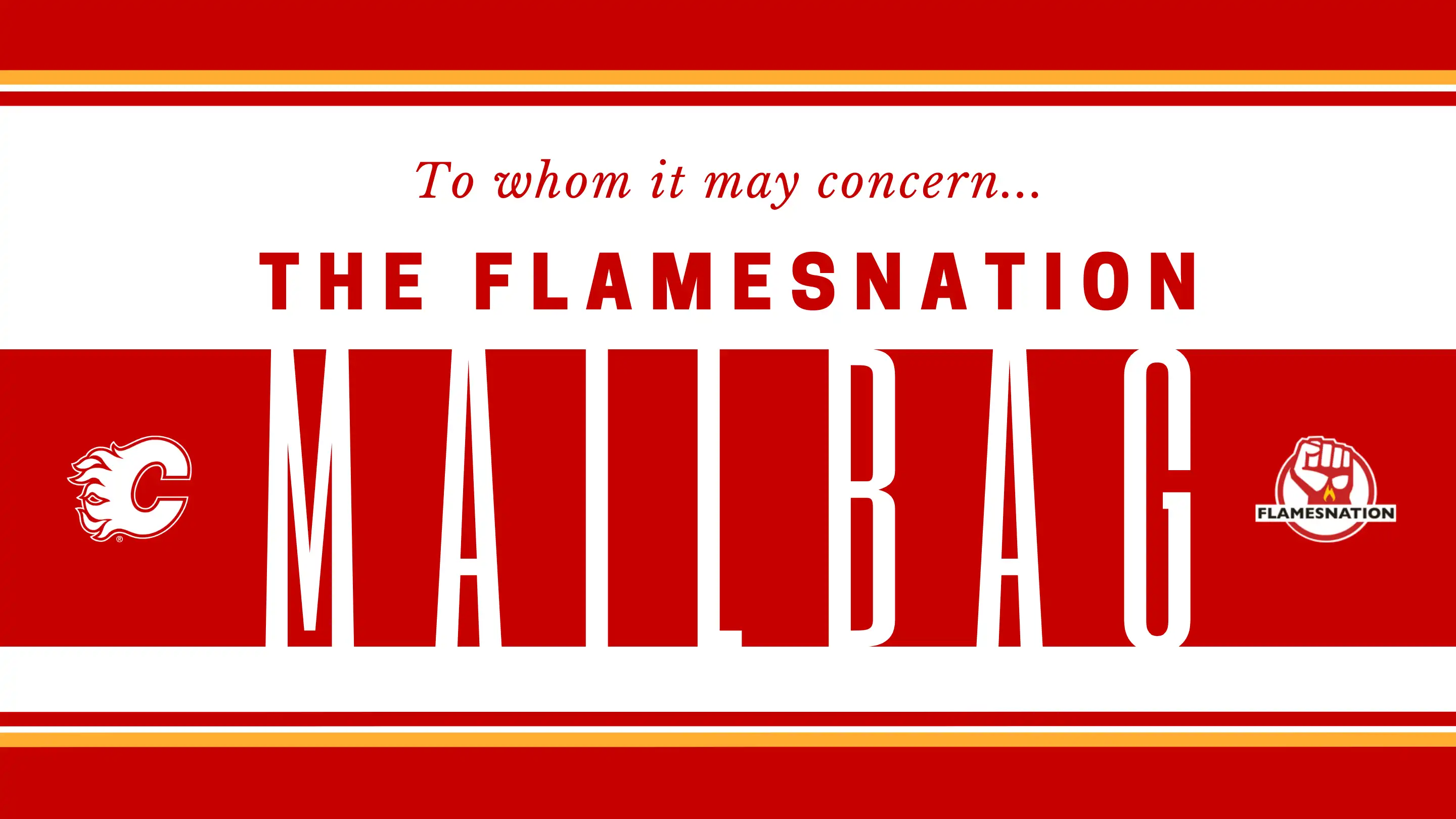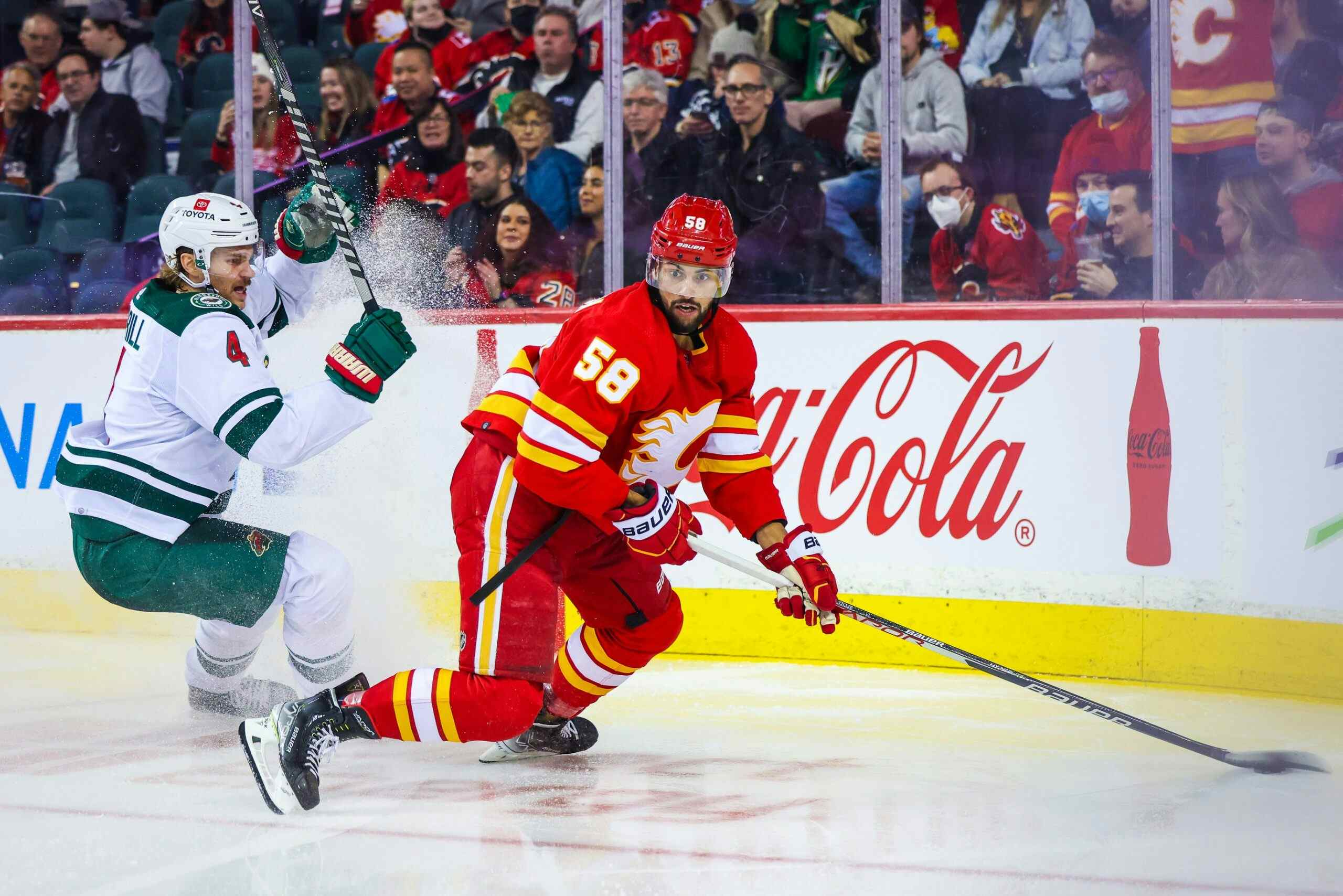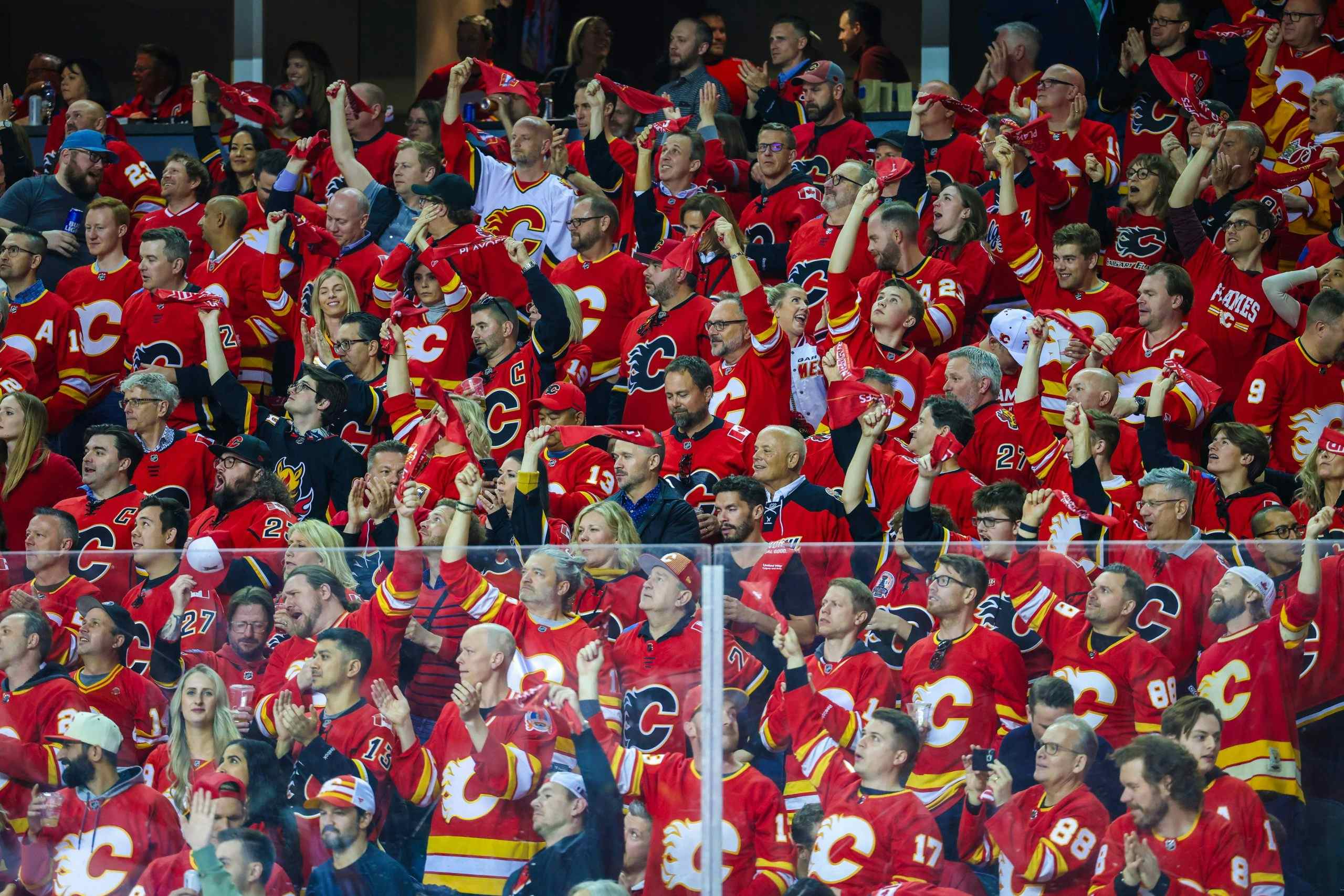Five things: Jay Feaster’s just screwing with me at this point
By Ryan Lambert
11 years ago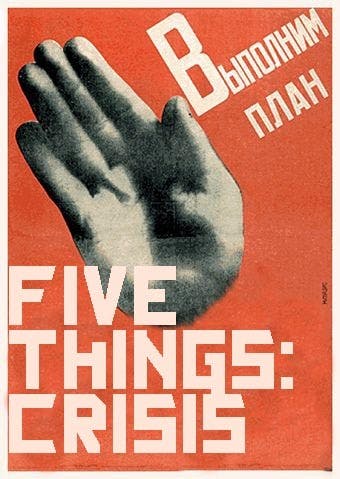
1. Let’s start at the very beginning
A secret of the trade: I usually write this column, for Wednesday mornings, on Tuesday afternoons or nights (and, full disclosure, I’m writing this on Monday night because I’ve got my own stuff going on). I therefore did not know about Jay Feaster’s plans to trade for the rights to Dennis Wideman, and then sign the defenseman to a contract before he hit the open market.
On a perfectly sensible level, I honestly feel as though Dennis Wideman takes a lot of undue crap and is a perfectly fine defenseman. Perfectly fine. With that having been said, you do not give a perfectly fine defenseman — undeserving All-Star nod not withstanding — $5.25 million a year through 2017. It’s a legitimately bad contract, even if it’s for a position of significant need for this team (right-shot defensemen).
Without vitriol, it’s a completely puzzling signing. Doesn’t $5.25 million a season strike anyone in the Flames organization as being too much money, especially when the only person you’re bidding against is yourself? There was not a feeding frenzy of interest in Wideman because the CBA didn’t allow there to be one. You might look at a $5.25 million cap hit for a defenseman coming off what was almost a career year — note: almost — because he was largely a power play specialist and didn’t play especially tough minutes. He was also a third-pairing defenseman on the Capitals in the playoffs. You know, when they played ultra-defensive anti-hockey. So that’s an issue.
Those who would laud the deal point out that the Flames power play last year was painfully average, and boy are they ever right about that. But apart from holding his stick in a way that most defensemen do not, I don’t see where Wideman improves your power play to the tune of earning that deal. Unless he magically makes it jump to about 25 percent. So to summarize: Decent second-pairing defenseman earning better-than-decent first-pairing defenseman money.
Oh, and he has a no-movement clause. Welcome to Calgary.
2. Shall we move on to another bad deal?
Cory Sarich. He is back. Where Wideman is more or less one-dimensional in that he is not a particularly good defender, Sarich is zero-dimensional. He’s slow, he provides no offense whatsoever, he doesn’t defend well against even mediocre competition. He was a often healthy scratch last season. And he’s going to be 34 years old in August.
So why wouldn’t you give him a two-year deal?
There are reasons that a person could reasonably defend extending Dennis Wideman a contract — maybe not THAT contract, but certainly a contract. Could someone please defend this Sarich contract? Jay Feaster, expert that he is, determined that Calgary needed sand paper on its blue line, and apparently Sarich fits that bill better than any other options available.
I don’t see it. And that’s period. One year, two years, doesn’t matter. It’s a bad contract to a player I was shocked to learn was only 34. He looks significantly slower than that. One can’t begin to imagine how bad this deal is going to look when Sarich is 35.
I just don’t get it apart from the whole "We have to be hard to play against" angle. Know what’s hard to play against? Defensemen who can actually do their job.
3. And then there’s Hudler
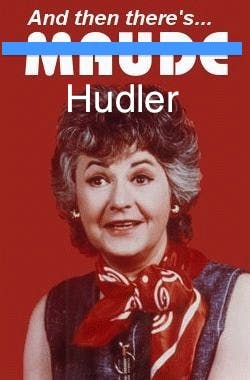
Frankly, I’m not even mad about the contract Jay Feaster gave Jiri Hudler on Monday. I’m really not. I just don’t get it any more.
The defense is, I think, pretty obvious. He’s a two-time 50-point guy who scored 25 goals last season. That is, on paper, the very definition of a second-line forward, which Feaster has repeatedly stated as a desired target. So, ostensibly, he got that, and with a contract that carries reasonable term for a 28-year-old and — wait for it — a standard deal that allows for movement of the player.
But the bad news is this: There’s no indication that Jiri Hudler can produce on his own, and perhaps the Flames didn’t get the player they thought they were getting. The team release called Hudler a center, which he is decidedly not. Scott Cruickshank pointed out on Twitter that Hudler took a whopping SEVEN draws this year. He lost five of them.
More to the point, though, I’m not sure Jiri Hudler is going to be relied upon to score 25 goals this coming season, or even 20. The reason is that his shooting percentage — in a contract year, mind — was 19.7 percent. Just about one in every five of his 127 shots found the back of the net. Among players who played more than 30 games, that number was fifth in the league, and higher than his career average of 13.6 by nearly half. In a year of typical shooting, Hudler would have had just 16 goals, and Jay Feaster just gave him $4 million a season for the next four years.
This isn’t advanced stat geek stuff. This is "listed in the NHL’s front-page stats line" stuff. It doesn’t even take an understanding of advanced statistics. It takes, in the simplest terms, elite goalscorers to maintain shooting percentages of north of 15 percent over the course of a career. A guy who just set a career high of 25 goals is decidedly not that.
And did I mention Hudler did that playing with Henrik Zetterberg and Valtteri Filppula? He did. I just took a look at a random sampling of the goals he scored, thanks to NHL.com, which, if you’re looking to find goal highlights, is the first place you should go every time. First goal up was, you guessed it, a tap-in on a Zetterberg centering pass. The second was a shot on a wide-open net on a dish from Filppula on the power play. The third was a quick rebound on a Brad Stuart point shot. The fourth was the exact same play on a Zetterberg shot from the slot. The fifth was on a quick rebound on his own shot thanks to a nice dish from behind the net by Filppula.
This is, of course, by no means scientific and indeed, the Flames could probably use a guy with a little bit of jam around the net. Ryan Smyth and Tomas Holmstrom made their entire moderately-noteworthy careers doing exactly that. But who on this roster fits a Zetterberg or Filppula role? Alex Tanguay, who likely won’t get much time with him, maybe?
It’s a deal that I don’t fully get for a guy who Red Wings fans were glad to see leave and at some point, you have to wonder what, exactly, this team’s plan is.
4. So an someone explain any of this?

Feaster is, I’ve been told, building this team for two or three years down the line, or at least so that its potential core players — in order of increasingly speculative: Sven Baertschi, Mikael Backlund?, Chris Butler??, TJ Brodie???, Max Reinhart???? — are coming into their primes.
But that does little to explain why Feaster is giving out long-term contracts to guys who seem fit to make minimal impacts for maximum payouts. I’ve heard it said that the Flames are better today than they were on July 4 last year, and that’s probably true. Whether it’s good enough to make the playoffs, which is the team’s ridiculous goal right now, seems less certain. Unless Roman Cervenka and Jiri Hudler perform at high levels, and Mike Cammalleri starts playing like the Mike Cammalleri that Flames fans remember, I don’t know where the goals come from next season. I certainly don’t know who prevents them from going past Miikka Kiprusoff, particularly if Jay Bouwmeester is dealt for scrap, which it seems as though he almost certainly will be.
The Calgary Flames now have the second-highest payroll against the cap in the National Hockey League, and we’re sitting here wondering if maybe they squeak into the playoffs. In what universe is that acceptable for a team that hasn’t appeared in the postseason for three years?
5. Here’s Iggy

Recent articles from Ryan Lambert

